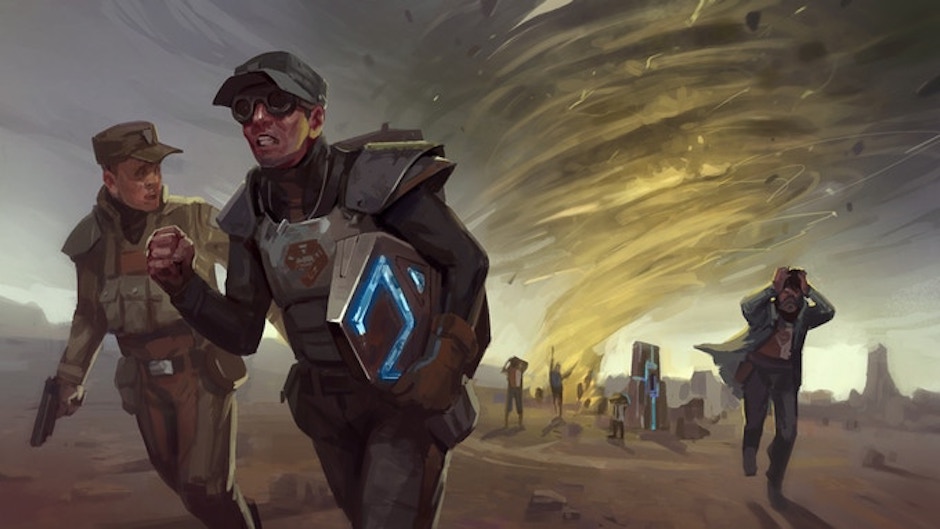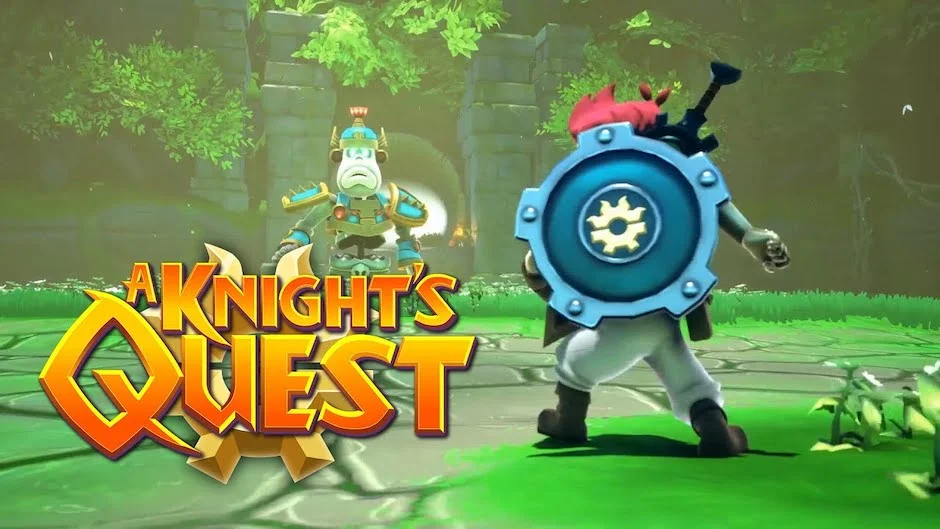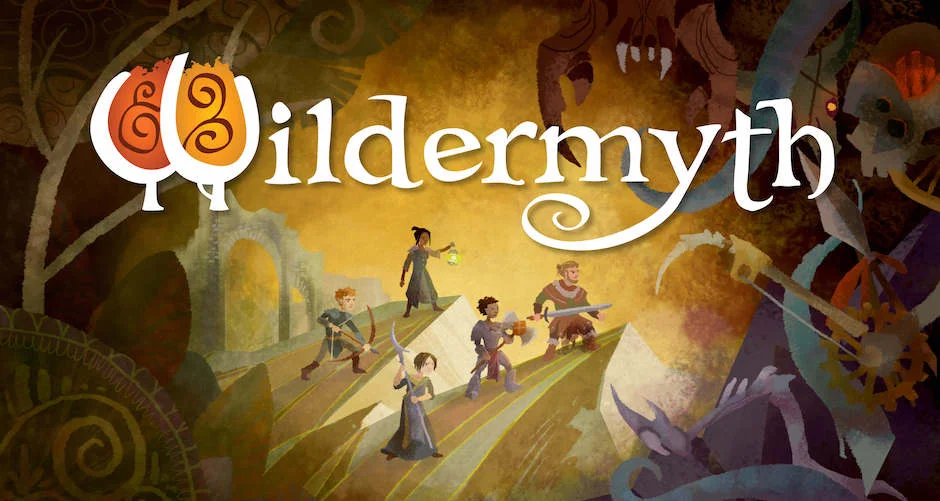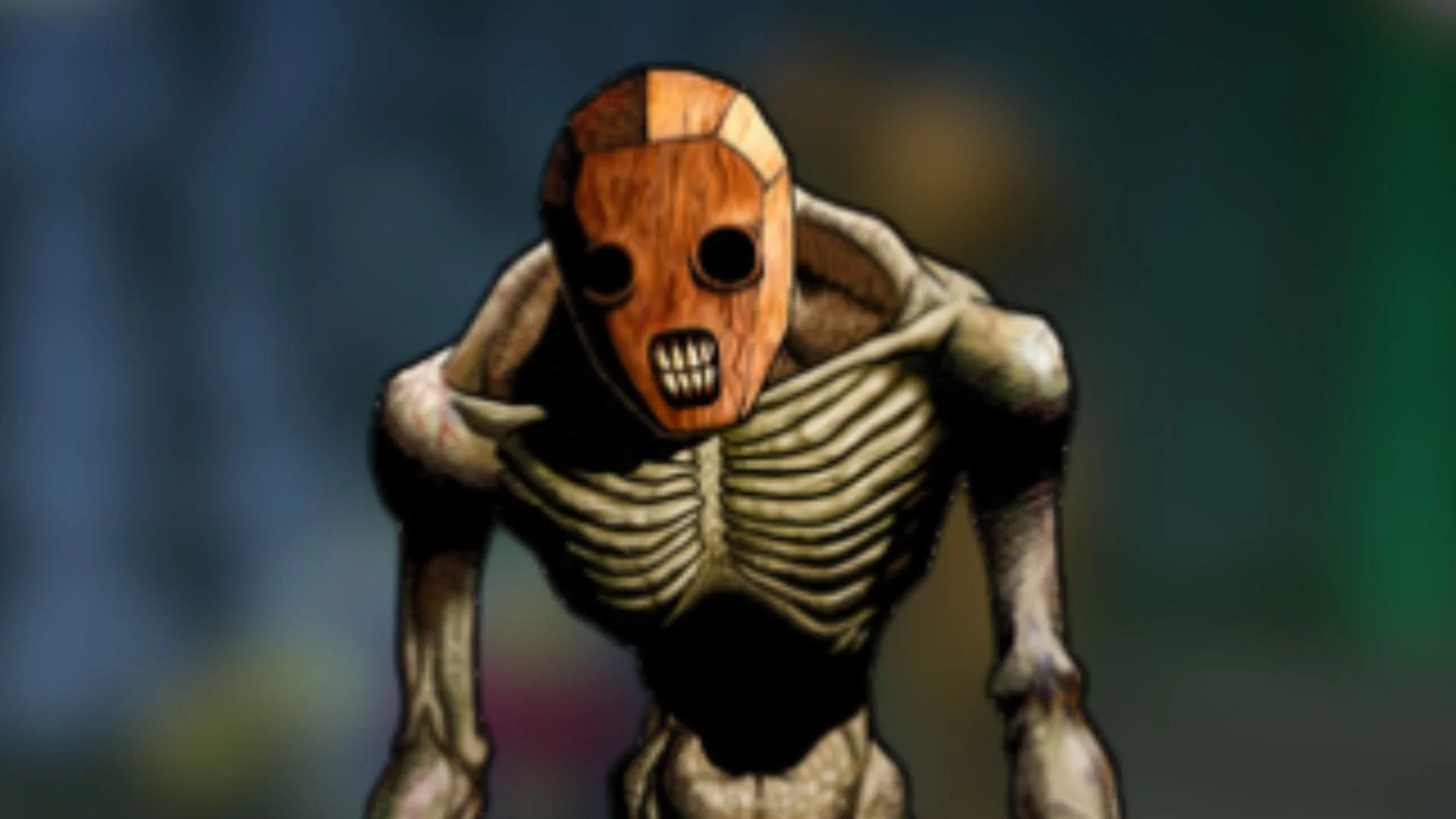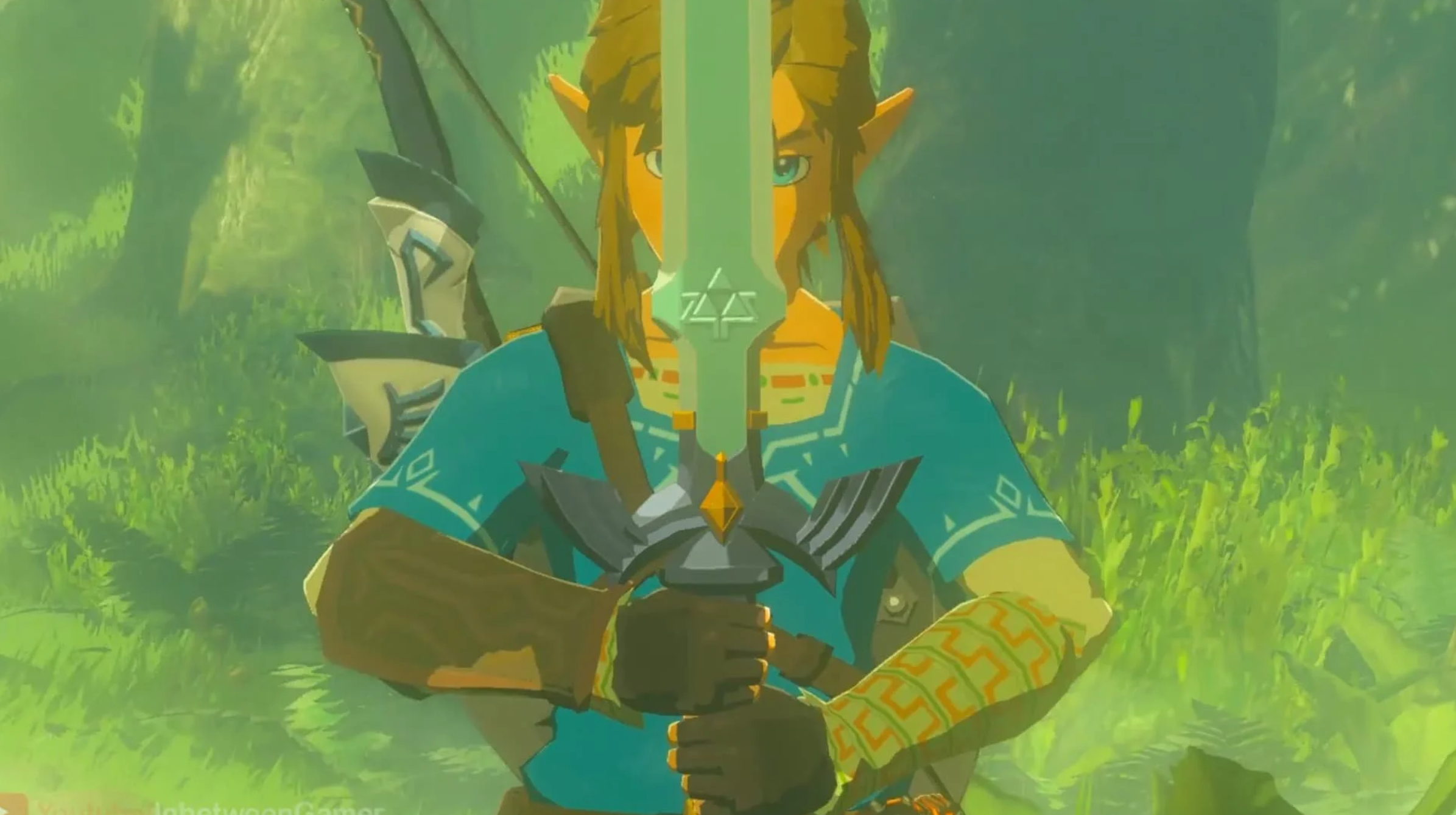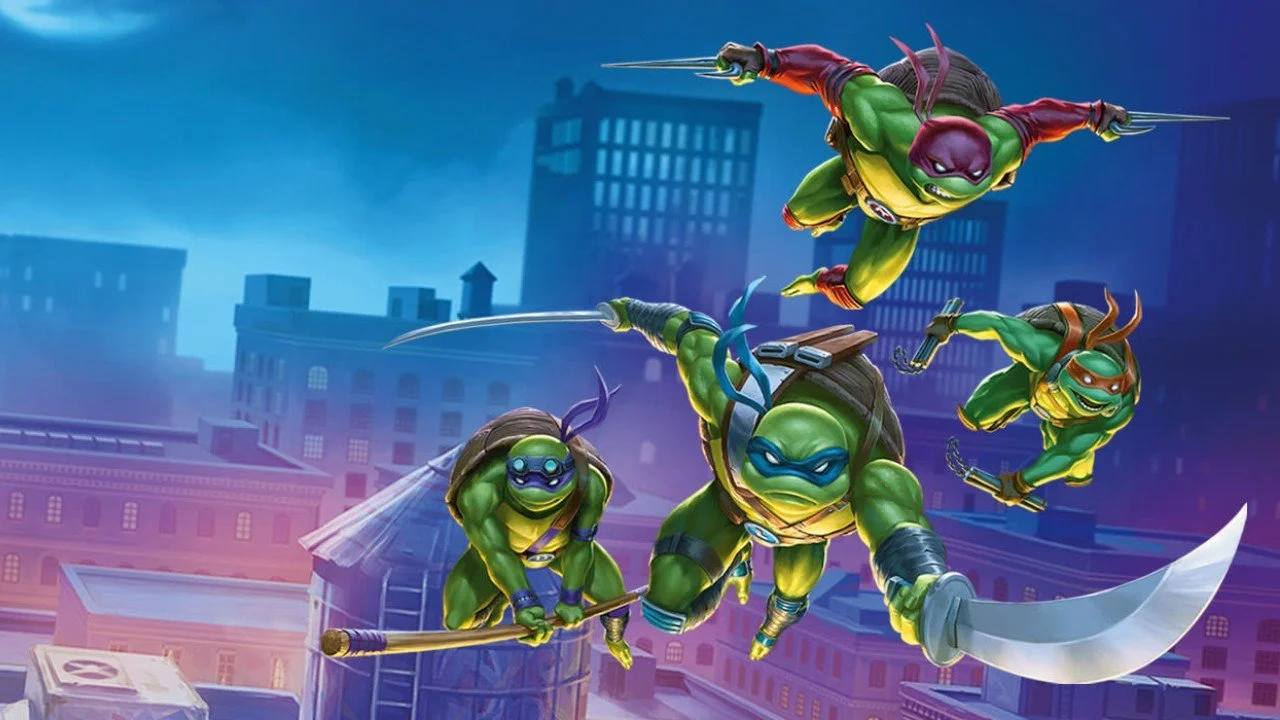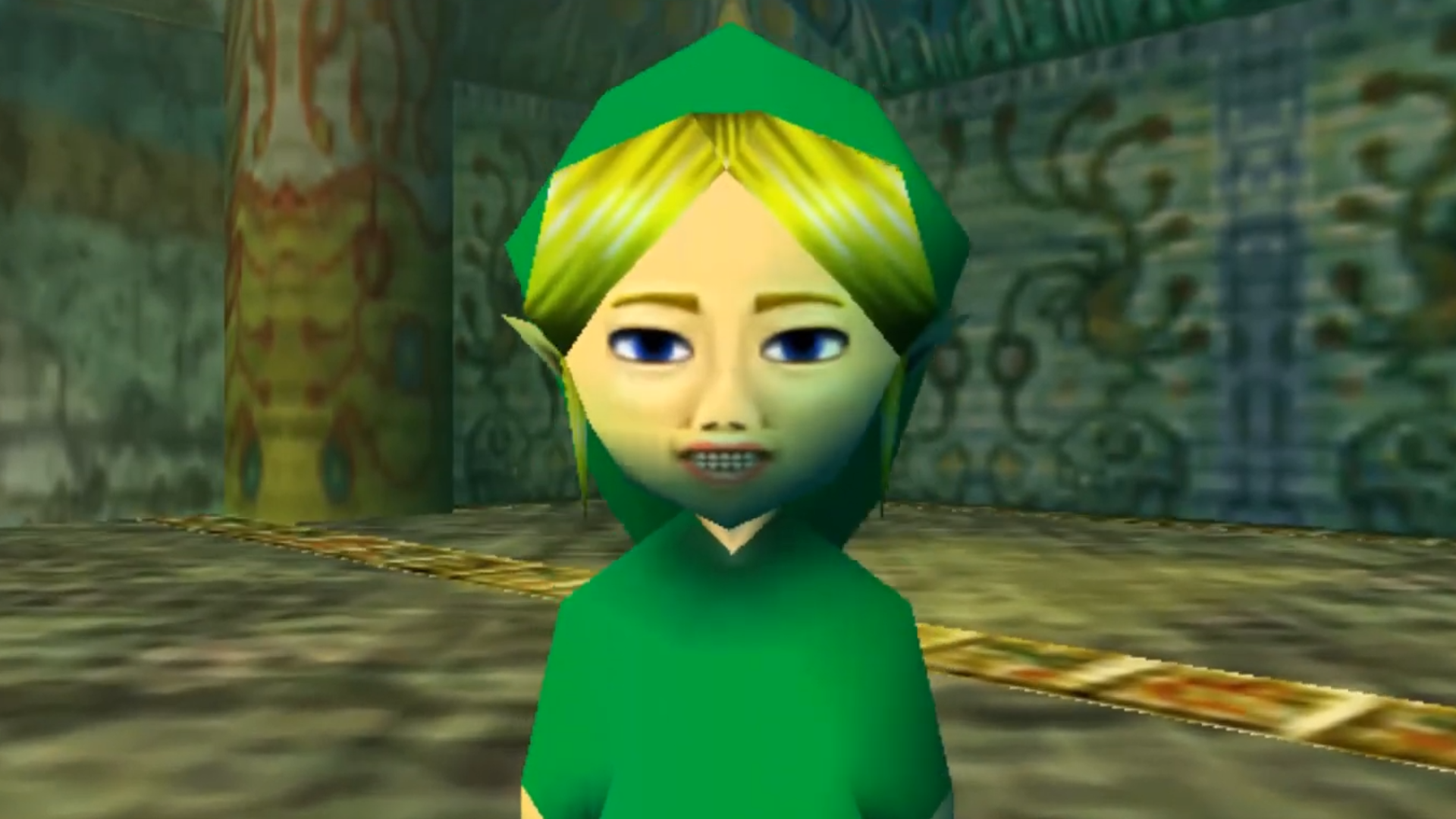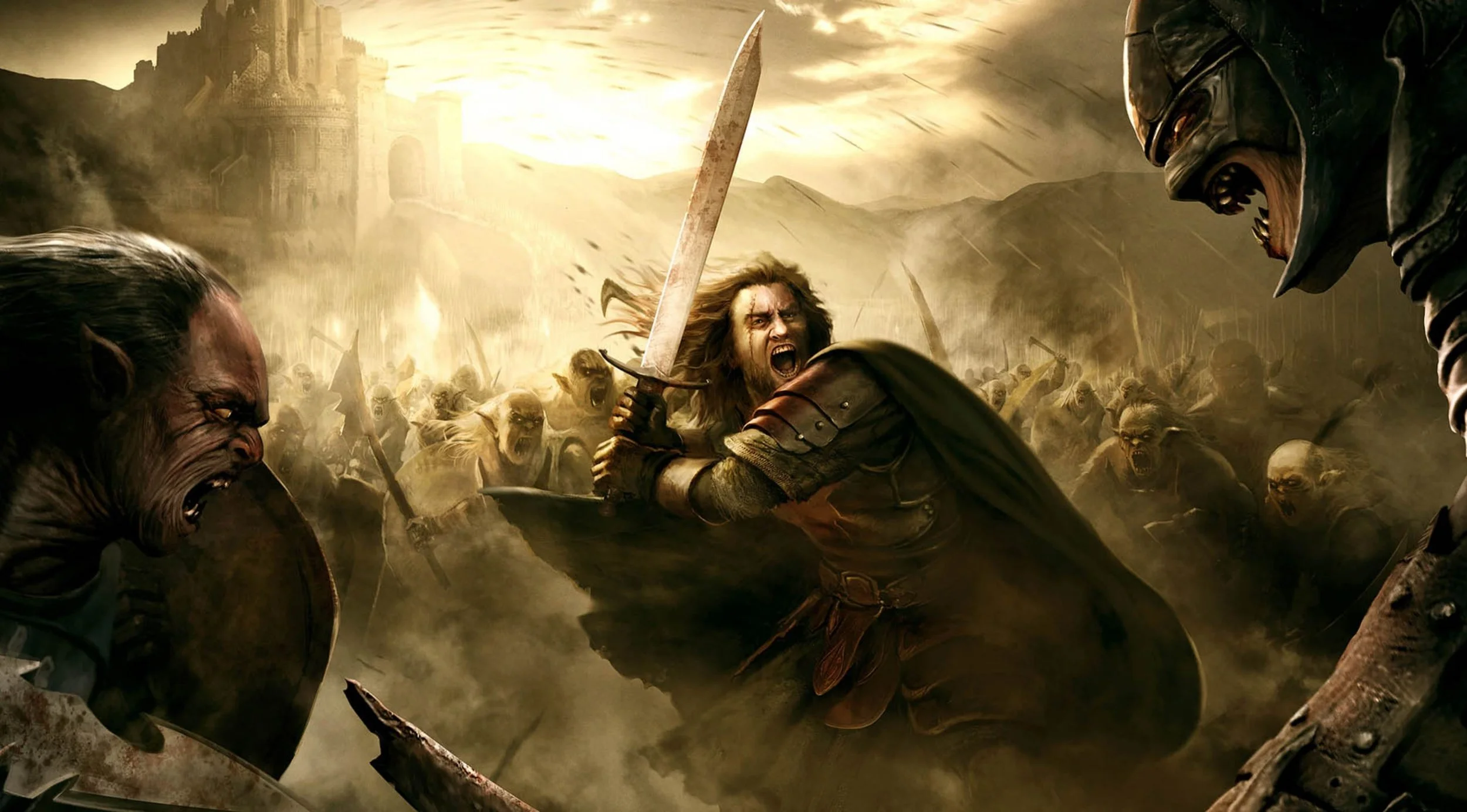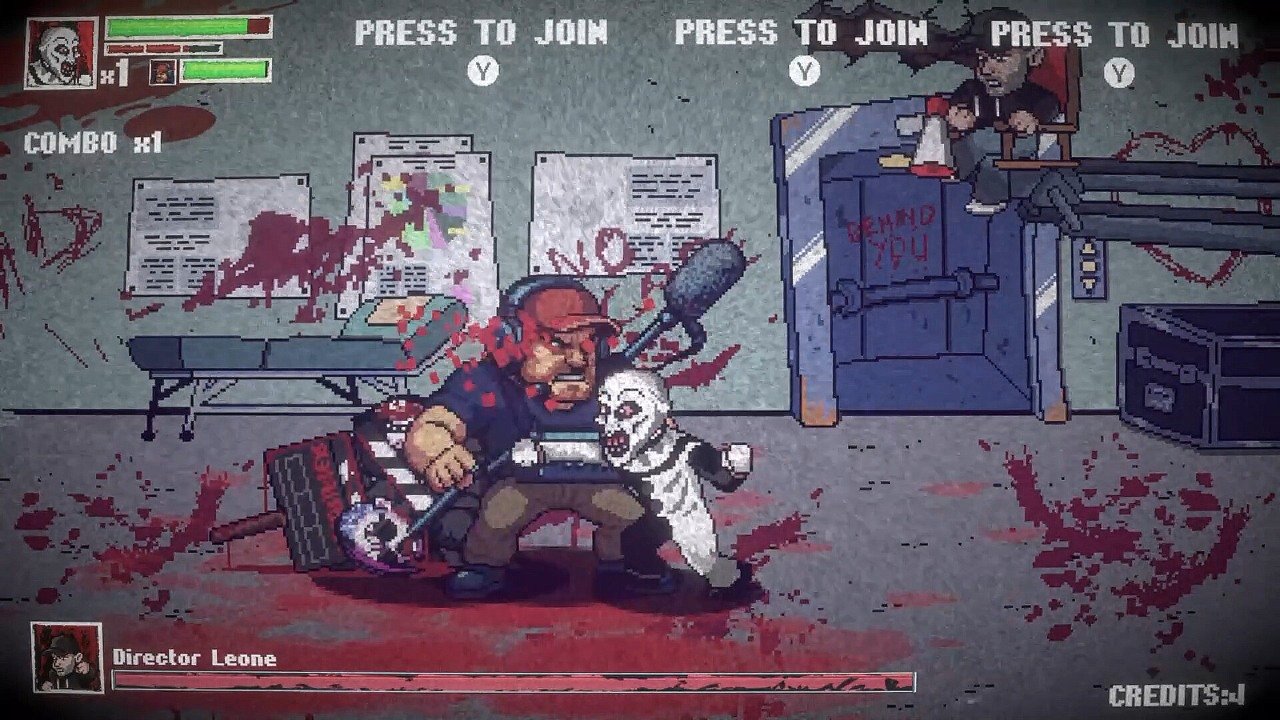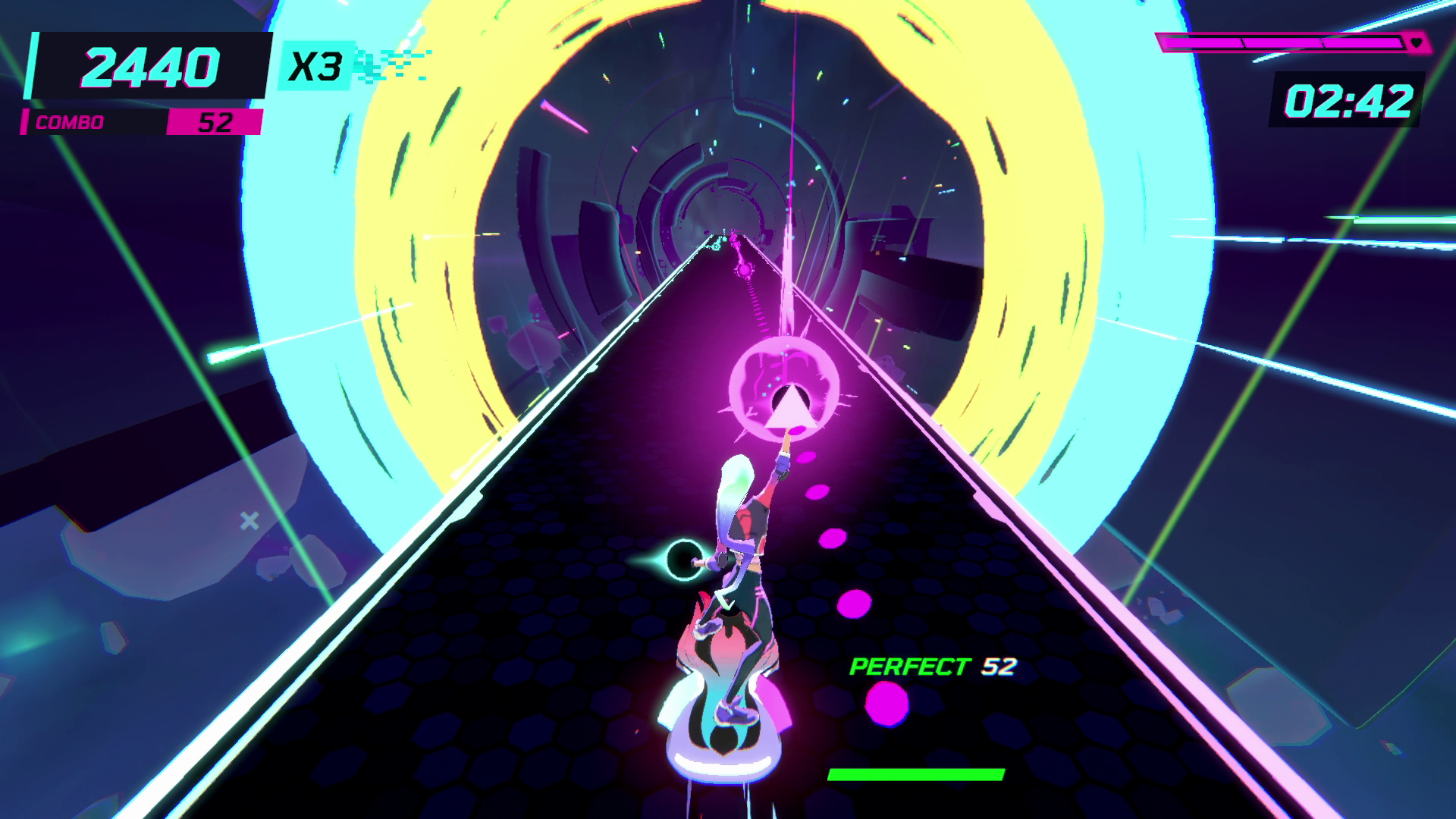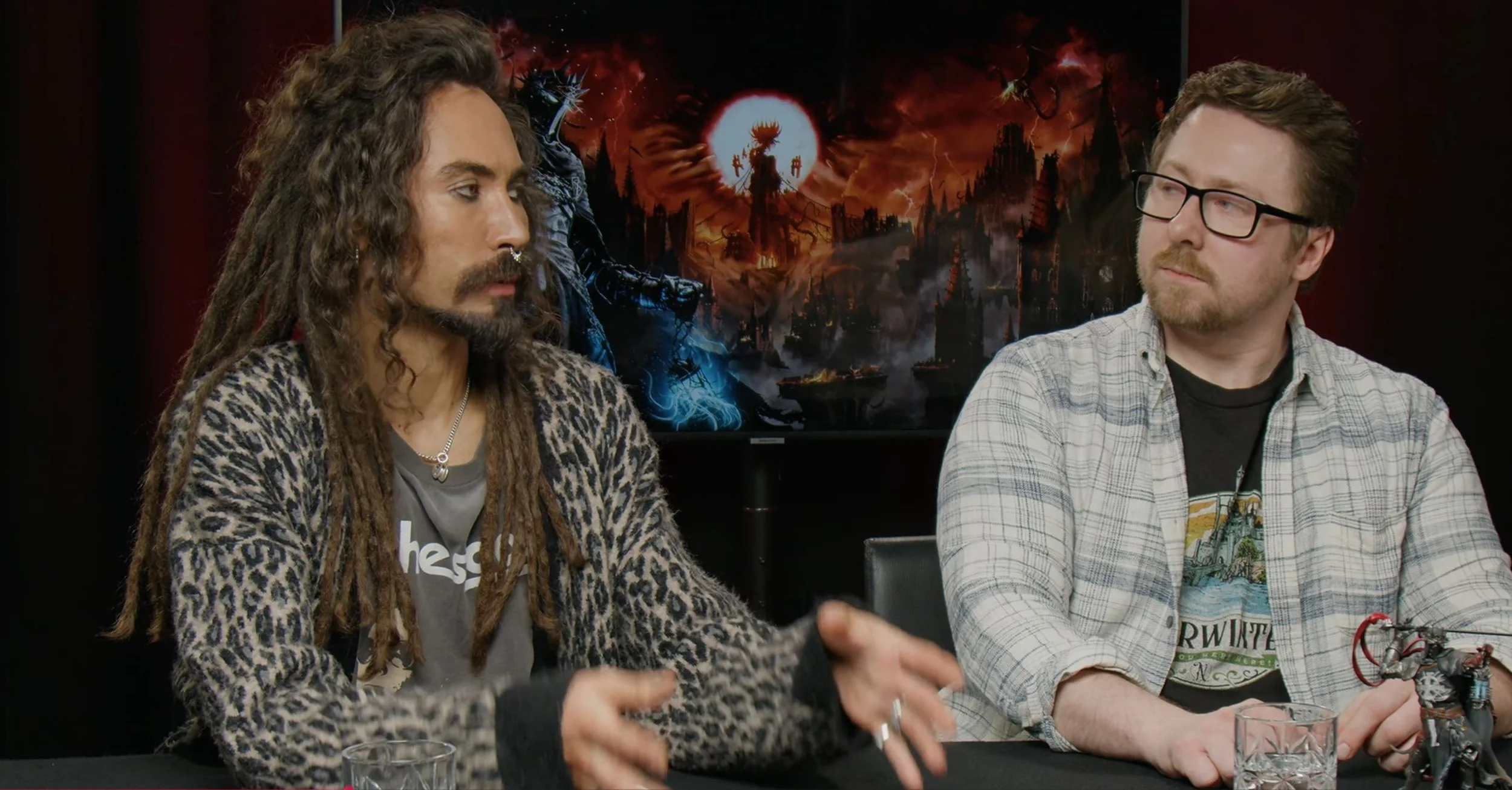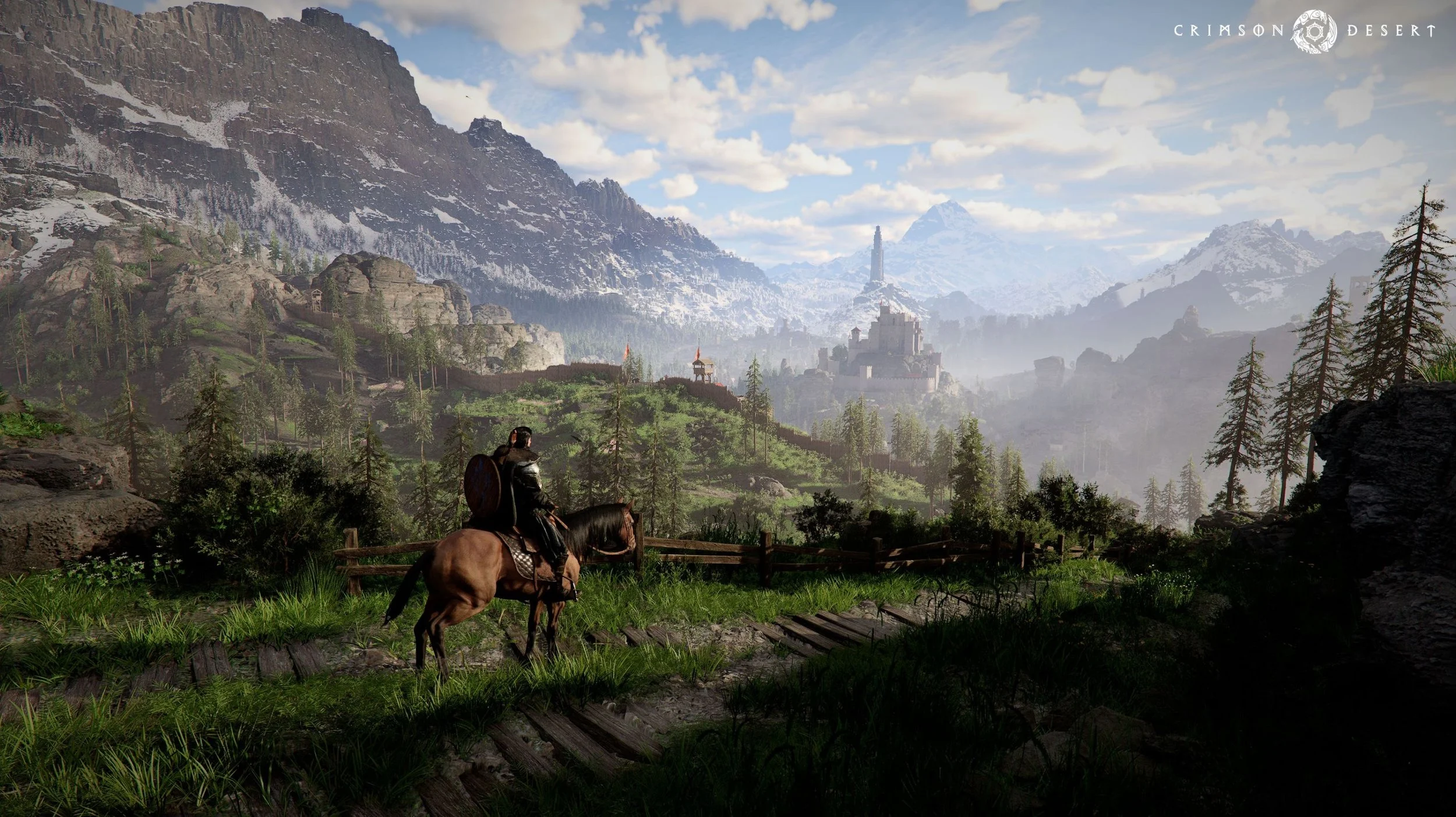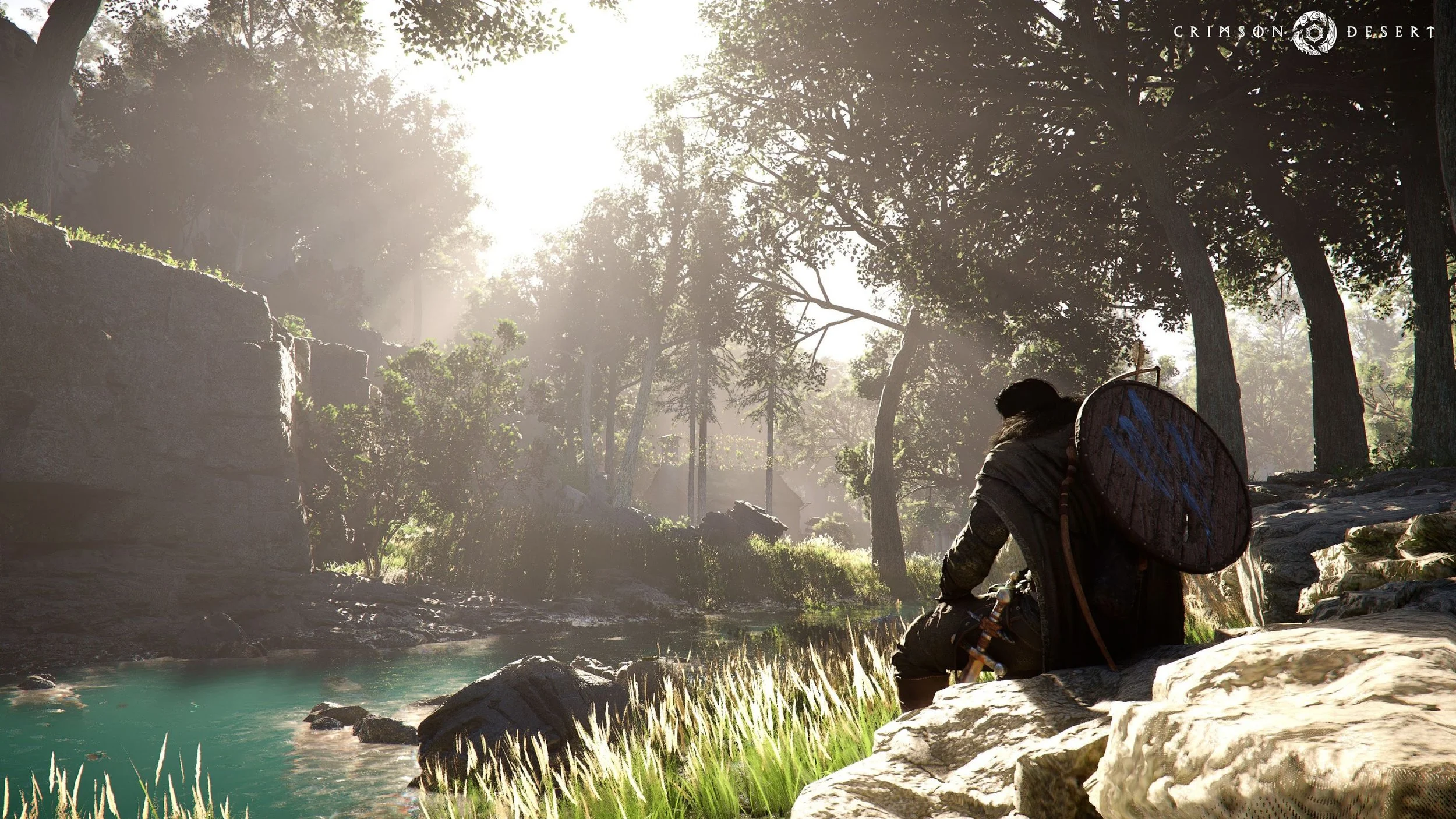Nintendo Switch code provided by XSEED Games
Heroland is an RPG game from developers FuRyu and Netchubiyori Limited where guests to the theme park tour through the adventurous land for a handsome fee, while park guides offer services. But theme parks can be dangerous when the tours focus on something threatening. Jurassic Park or Westworld, anyone? Players will follow the sad trajectory of Lucky, an impoverished tour guide at Heroland that is indebted to the amusement park. His guests will start to unravel a mystery and discover sinister machinations lurking under the surface of the theme park. The highly-customizable RPG will encourage players to coordinate team compositions that are most effective when exploring dungeons.
The game was designed by developers from MOTHER 3, Legend of Mana, and Fantasy Life, so there’s a deep understanding of the genre.
Heroland deviates from classic RPGs. At the end of the day, the members of the adventuring party are guests at the theme park. Lucky is the tour guide. The monsters that you fight are co-workers. The stories you encounter are scripted. Everything that happens in Heroland is part of an elaborate show. Or is it?
Let’s dive into the capitalist nightmare of Heroland and Lucky, the unfortunate tour guide.
STORY
Welcome to Heroland! It’s a tropical resort where guests arrive to participate in the story of the Dark Lord and his evil minions. It’s a traditional tale of life-threatening danger and ultimate glory. The allure is strong for the adventurous. Guests at Heroland will explore dungeons, defeat monsters, and enjoy all the amenities of an island resort. Even heroes needed to relax.
But Lucky is not a guest. Lucky is the silent protagonist who applied for a position at Heroland in order to support his family. His quest for employment takes a tragic turn when an accident forces him into servitude to Heroland.
Stuck as a tour guide, Lucky must counsel the prestigious Prince Elric and other guests of the establishment as they progress through the dungeons and the lore of Heroland. The prince wants to defeat the Dark Lord, and Lucky will have his hands full making sure everyone survives the fights without lasting injuries.
Along with a fairy companion, Lucky will encounter heroes, legends, and so much more with his team of ragtag adventurers.
The characters and story are the most engaging element in Heroland. Without them, the RPG wouldn’t be worth a recommendation. Thankfully, the writing elevates the adventure, even if the satirical examination of genre tropes can sometimes overwhelm the player. Overall, though, the zany characters, their curious backgrounds, and their colorful personalities will convince you to stay longer in the world.
GAMEPLAY
As an employee of Heroland, Lucky will venture through the park, chatting with guests, meeting his coworkers, and learning more about the island. But, most importantly, he will guide parties through the dungeons.
Players will select four guests to tour dungeons in an experience that is pretty hands-off. This is an RPG where the player has the power to choose what the party does and when. Just not as fully as you’d like. Customize the heroes’ strategies, weapons, and attacks, but recognize that the adventurers will fight independently of player instruction for most of the game. Dungeons consist of connected points in which parties progress between events and battles. Every now and then a fork in the path enables the player to choose the next step.
Events are opportunities for character dialogue. They occur quickly. The main elements in the dungeon exploration are the battles, which are turn-based. With some deviations from traditional RPG mechanics. The four guests in the party will fight—automatically. Lucky can provide assistance periodically. Which means he can give potions when guests are injured. He can suggest a strategy for combat. He can share other inventory items or encourage guests to use their special abilities.
But, other than that, Lucky is a bystander. The battles involve a lot of waiting. Technically, players can fast-forward during a battle to speed up the combat, but that doesn’t really address the main issue—the battles are boring. Horribly so.
This wouldn’t be a problem if the combat wasn’t an integral part of Heroland, but fighting is a repetitive and necessary feature in the game. Guests frequently need to be leveled up to deal with harder dungeons, so players must grind the party continuously. The process becomes tedious, and players could easily lose interest in battles that require Lucky to stand by idly while the guests attack the dungeon monsters.
It’s effectively watching a fight unfold rather than participating. The level of interaction is much too low. Heroland feels closer to a mobile game than a fully-fledged RPG adventure.
VISUALS
If you’re a fan of pixelated JRPGs, then you’ll appreciate the aesthetic of Heroland. The rubbery 2D characters are comical, and the strange animation of the 2D figures in a 3D space is a pleasant distraction.
The atmosphere in the dungeons reflects traditional RPGs, and the game looks good in both handheld and docked mode.
My biggest complaint with the visual design of Heroland concerns the deluge of dialogue when playing in handheld mode. The text is rather small, so it can strain the eyes to read the rapid-fire text over a long session.
REPLAYABILITY
I would not recommend finding ways to continue playing Heroland. The necessary grinding means that players will already be spending an inordinate amount of time in the game.
WHAT IT COULD HAVE DONE BETTER
The battles continue without you, and the minimal interaction between Lucky and the combatants makes for a very boring adventure. The grinding required to advance through higher level dungeons means that players are forced to engage in the worst part of the game.
A massive overhaul of the combat system and traditional RPG mechanics needs to be completed before the game would enthuse players over the long term.
VERDICT
Heroland is appealing at the outset—with vividly imagined characters and an abundance of wit—but the repetitive combat and poorly considered gameplay mechanics ensure that players will lose both interest and patience. A good story and a charming visual design cannot save this game.






